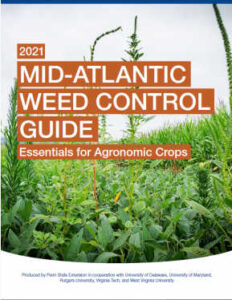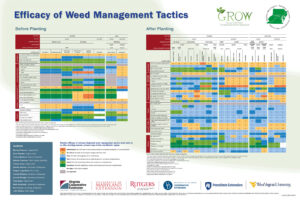Peach:
Oriental Fruit Moth: First generation timings are updated below: Growers that have utilized mating disruption for OFM can focus on PC; GPA; and catfacing insect pests as described below. If you have not placed mating disruption dispensers yet they can still be deployed for later generations, but this generation must be treated with insecticides at the first generation timings. [Read more…]


